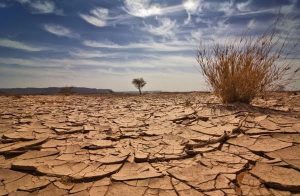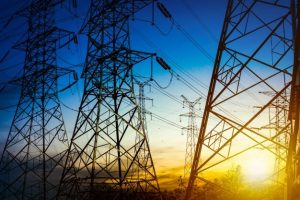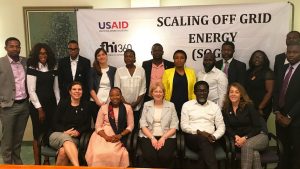A big bold attempt at combating energy poverty in Nigeria – Power for All
Recently, the Bank of Industry (BoI) launched an innovative 1 billion naira ($3.3 million) fund to drive the expansion of decentralized solar energy, including rooftop systems and mini-grids for households and businesses. The fund will be used to provide concessionary finance to micro, small and medium-sized (MSME) Nigerian enterprises in order to increase access to solar power, whilst creating a platform for lending that will raise the profile of the decentralized solar market with commercial banks – ultimately expanding the pool of lenders far further.
The news has provided a boost to companies in the off-grid energy space. As Anayo Okenwa, an entrepreneur and stakeholder providing decentralized solar solutions to hospitals, schools and banks around the country, explained: “for developers this will go a long way in closing up the wide financing gap between viable concepts and project implementation.”
Although the latest Global Off-Grid Solar Market Report shows that the Nigerian decentralized solar market grew 73 per cent in the first six months of 2016, it is still at a nascent stage, with the high cost of financing a significant barrier to scale.
To date, enterprises have been hampered by high interest rates and low awareness about the sector amongst financiers, limiting their ability to provide clean energy solutions to consumers at an affordable price. The BoI Solar Fund – with interest rates as low as seven per cent, flexible terms, and the support of State Governments and the United Nations Development Programme, will play a pivotal role in catalyzing rapid market growth.
Yet the potential of the fund could be limited by the Government’s ambitions to raise taxes and tariffs on solar panels and technologies entering the country. Although the Solar Fund will help to lower the costs of decentralized solar companies, new or increased taxes and tariffs will raise them across the board – ultimately pushing up prices for consumers and dampening this un-paralleled opportunity to reach millions of Nigerians with clean energy services.
Given the 100 million people in Nigeria currently living in energy poverty, and the impact that unreliable grid power and expensive back-up generation has on businesses across the country, any increased revenue from taxes and tariffs from the emerging solar market will be far surpassed by lost revenues and development opportunities the decentralized solar market will enable. In more advanced markets in East Africa, specifically in Kenya and Tanzania, there is a lot of evidence to show that elimination of taxes and tariffs were catalyst to the growth of the solar market in those countries. This means that large swathes of communities are benefitting from electrification through renewable energy which has led to a corresponding increase in economic activities in many of these regions as a whole.
The opportunities are far-reaching and the Nigerian solar market is brimming with commercial prospects across the board. As Ifeanyi Orajaka, another entrepreneur, whose organization has successful built solar micro-grids in the Niger Delta and in the North East to power communities left behind by traditional grid infrastructure puts it, “through the enhanced reliability and cost savings the scheme will offer, we are optimistic that it can unlock the intrinsic potential of MSMEs in Nigeria, which will have significant positive impact on our GDP while steering Nigeria out of its current economic crisis.”
And the BoI Solar Fund is just the beginning. Deutsche Bank recently launched a $3.5 billion decentralized Renewables debt fund – supported by the Green Climate Fund – and named Nigeria as one of its first target countries.
There is the potential for a sea-change in energy access and the off-grid solar market, but only with urgent action by the government to ensure integrated planning. Innovative initiatives like the BoI Solar Fund only work with supportive tax and tariff setting.
For the sake of families across the country living in energy poverty, and 86 percent of MSMEs in Nigeria hampered by the high costs of diesel generation, it is a potential we must not hinder.
Contributed by the Power for All Nigeria Campaign Office.





